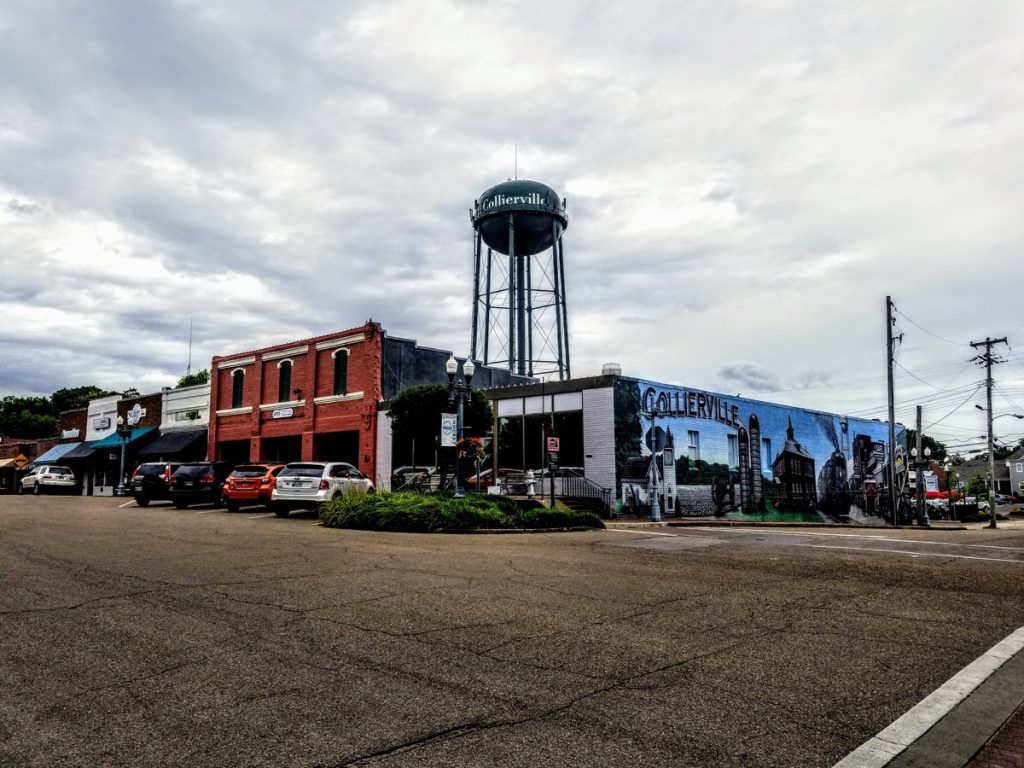Mental health is essential to overall well-being, yet it can be difficult for many individuals to access the resources and support they need. Alongside general obstacles to treatment and knowledge, different communities can face challenges specific to their populations and environments. This is why it is crucial to establish tools most relevant to each community’s needs.
Rural communities, in particular, experience multiple issues related to mental health awareness and support. Nevertheless, the rise of the digital landscape has resulted in a range of online resources that can be valuable tools for promoting mental wellness.
Understand the Value of Online Resources
Unfortunately, those living in rural communities tend to be at greater risk of poor health outcomes in general. Studies have shown that these populations experience higher levels of chronic conditions. It can also be challenging to manage personal and mental wellness, with fewer resources available to rural patients and a larger proportion of the population without adequate health insurance.
The value of online mental health resources is especially relevant to those living in rural areas. The availability of telehealth options ensures patients get the assistance they need without having to travel long distances. Digital methods can also spread educational materials on mental health topics, such as stress management or coping with anxiety. These online tools can help bridge the health literacy gap in areas without sufficient in-person public health outlets.
Online mental health resources can also help build community resilience. They play a vital role in minimizing stereotypes and reducing stigma around mental health conditions. As a result, there can be more opportunities to create a culture of support and understanding in rural communities.
Utilize Microsites
Microsites are a potential tool that could be used to promote mental health awareness in rural communities. These are smaller websites that public health providers create to focus on specific topics. They tend to be easier to navigate than larger online healthcare hubs and provide more targeted information.
One of the key benefits of using microsites to promote mental health awareness in rural areas is that they can be tailored to a community’s specific needs. Not all rural communities experience the same challenges. Microsites can help by offering specific information about local resources and support groups while delivering the most relevant tips and strategies for living with mental health conditions.
For the greatest impact, public health services must adopt strategies to create and launch microsites effectively. Website designers must collaborate with healthcare professionals to understand the target audience and what they need from the site. Marketing departments must also establish solid search engine optimization (SEO) to ensure rural residents can easily find and engage with microsites.
Engage with Virtual Coaches
Another way to promote mental health awareness in rural communities is by using virtual coaches. These resources take a variety of forms. In many cases, they’re counselors or therapists using telehealth platforms. However, there are also an increasing number of coaching chatbots and applications driven by artificial intelligence (AI). These digital tools simulate therapeutic conversations with users, providing guidance, support, and resources for managing mental health challenges.
One of the benefits of virtual coaches for rural communities is greater accessibility. Virtual coaches can provide immediate support, particularly in areas where individuals have limited options for mental health services. Not to mention that those living with mobility difficulties or demanding family and work schedules can obtain help from the comfort of their homes.
Virtual coaches can be especially beneficial for individuals who may be reluctant to seek help due to the stigma surrounding mental health issues in small rural communities. Virtual coaches can offer a private and anonymous space for individuals to address their concerns. The goal must be to reduce the stigmas surrounding mental illness. In the meantime, these tools can be good options for those concerned about being seen visiting mental health facilities.
Leverage Social Media
Social media has become a core part of society over the last couple of decades. One recent study found that around 82% of the U.S. population uses some form of social media. Therefore, it’s important to consider how it can be a powerful tool for promoting mental health awareness in rural areas.
To encourage engagement with resources, hospitals, clinics, and public health services should utilize mindful creative practices. This should include identifying the most appropriate social media platforms for reaching their target audiences. There must also be a focus on relatable visual storytelling while providing straightforward advice in simple formats.
It’s also crucial for rural community members to be active in using social media to promote mental health awareness. Individuals should commit to sharing resources on public accounts and privately with friends and family. That said, it is vital to ensure the advice comes from reliable and credible sources to combat the spread of online misinformation.
Conclusion
Rural communities often face unique challenges in accessing mental health services. However, online resources can provide practical support, from educational materials to virtual coaching and social media engagement. By utilizing these resources, individuals can develop skills to manage their symptoms, and community resilience can be built to minimize stereotypes and reduce stigma.
Nevertheless, it’s essential to recognize that these online resources shouldn’t be a replacement for traditional mental health services in rural areas. Communities and health professionals must continually strive to ensure everybody has access to assistance in whichever form they find most beneficial. The aim should be to make online resources part of a robust, agile, comprehensive mental wellness landscape.
If you or someone you know experiences mental health issues, it is important to seek help from a qualified professional. Our Resource Specialists can help you find expert mental health resources to recover in your community. Contact us now for more information on this free service to our users.
About the Author: Katie Brenneman is a passionate writer specializing in lifestyle, mental health, education, and fitness-related content. When she isn’t writing, you can find her with her nose buried in a book or hiking with her dog, Charlie. To connect with Katie, you can follow her on Twitter, @KatieBWrites93.
Photo by Simon Ray on Unsplash
July is BIPOC Mental Health Month
Observed each July and formerly recognized as National Minority Mental Health Awareness Month, BIPOC Mental Health Month highlights the unique mental health challenges and needs of Black, Indigenous, and other People of Color (BIPOC). Please join us in recognizing the struggles of BIPOC and bringing awareness to the need for adequate, accessible, culturally relevant mental health treatment, care, and services.
Black, Latino, Asian, and Native American people have higher rates of some mental health disorders and face greater disparities in getting help than White people, largely due to lack of access to services. With proper care, 70 – 90% of people with mental illness experience significant reduction in symptoms and improved quality of life. However, there are barriers to individuals seeking help for themselves or loved ones: access to and cost of treatment, stigma, and availability of local, culturally appropriate mental health care resources.
In 2022, Laurel House, the sponsor of rtor.org, established the Social Work Racial Equity Scholarship. The goal of the Scholarship is to cultivate more Black and Latino social workers who are committed to social change and increasing access to mental health care treatment by communities of color. Each year, a $10,000 scholarship is awarded to a Black or Latino student from Connecticut enrolled in a Master of Social Work program in Connecticut or New York. Two runner-up prizes of $1,000 and $500 are also awarded.
www.rtor.org and its sponsor Laurel House are committed to the advancement of racial equity and social justice and to making mental health services available to all.
The opinions and views expressed in any guest blog post do not necessarily reflect those of www.rtor.org or its sponsor, Laurel House, Inc. The author and www.rtor.org have no affiliations with any products or services mentioned in the article or linked to therein. Guest Authors may have affiliations to products mentioned or linked to in their author bios.
Recommended for You
- Why Eating Disorders in Men Are Often Missed - July 3, 2025
- No More Silence: The Opioid Epidemic’s Alarming Impact on Women - June 30, 2025
- The Hidden Impact of Repressed Memories on Mental Health and How to Heal - June 26, 2025





